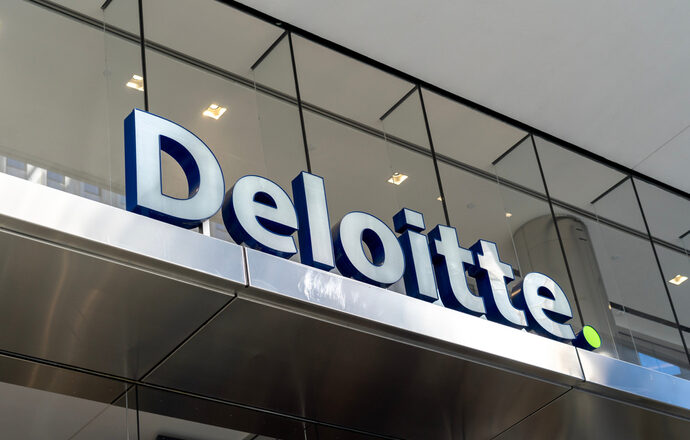Indian enterprises are betting big on small language models (SLMs) as they seek more efficient, faster and targeted solutions, according to Deloitte’s Tech Trends – India Perspective 2025 report.
The report notes that integrating SLMs with AI-based simulations and task-specific AI agents is expected to shape the development of highly personalised and responsive solutions. This transformation is already underway, with Indian businesses increasingly adopting AI as the backbone of innovation.
“Across Indian organisations, AI is not just a trend but a powerful force weaving together technological advancements and driving India’s growth as a global leader in innovation. However, India must enhance its infrastructure, particularly high-performance computing and sustainable energy solutions, to accelerate growth while empowering its workforce through skill development and building ethical AI frameworks,” said Abhrajit Ray, Partner and CIO Programme Leader, Deloitte India.
The Deloitte report positions AI not as a standalone technology but as a foundational force enabling breakthroughs across industries. In India, this is resulting in tangible changes across the tech ecosystem. The convergence of multimodal AI, spatial computing and advanced analytics is driving a new wave of innovation, making systems more intuitive and capable of real-time decision-making.
The report also highlights the resurgence of hardware innovation, driven by the demands of Generative AI. What was once viewed as a commoditised layer of technology has now re-emerged as a critical component in the AI ecosystem. AI-powered hardware is transforming sectors by enabling smarter devices and more efficient systems, sparking a new era of hardware-centric innovation.
Specialised chips for key functions such as power management, telecommunications and cryptographic acceleration are gaining importance. At the same time, heterogeneous computing—where GPUs and NPUs are integrated on a single chip—is enabling greater efficiency and performance for varied AI workloads. This evolution is establishing hardware not just as a support system but as a driver of AI innovation.
In the defence sector, the application of AI-powered mixed reality is enhancing preparedness through immersive simulations and supporting faster, more strategic decision-making via autonomous systems. In healthcare, virtual environments are improving diagnostic precision and advancing surgical training practices.
The report underlines that AI is also driving core modernisation across industries. Traditional monolithic IT architectures are being replaced by composable, decoupled structures that allow businesses to integrate AI capabilities into everyday operations. These modern systems help automate complex workflows, optimise resource utilisation, and maintain regulatory compliance. At the same time, they respond to ongoing challenges such as cost constraints, evolving workforce needs and heightened customer expectations. However, such transformation requires deep architectural shifts to maintain scalability, security and long-term viability.
In the information technology sector, AI is also empowering tech talent. It is being deployed for code generation, software testing and automation, reducing the need for manual intervention and boosting productivity. This trend is pushing organisations to move away from traditional virtualisation models in favour of more scalable and cost-effective AI-powered solutions.
Source: The Financial Express




 SEBI Mulls Mandatory Demat Account For Key Personnel Before IPO
SEBI Mulls Mandatory Demat Account For Key Personnel Before IPO 